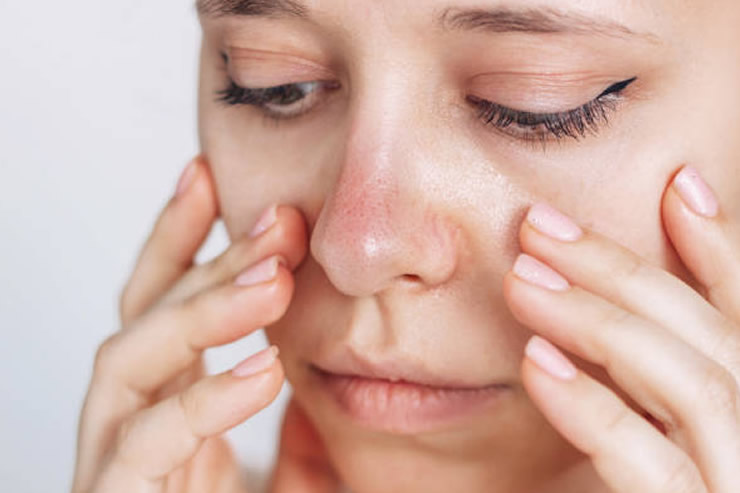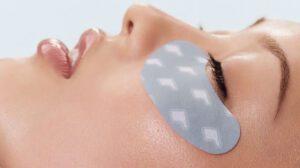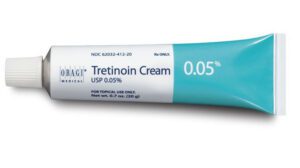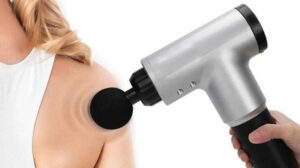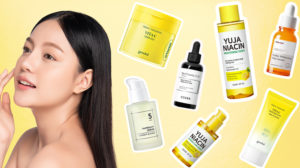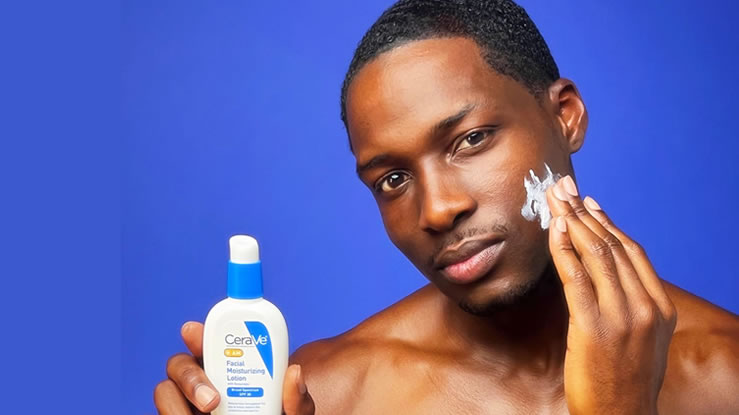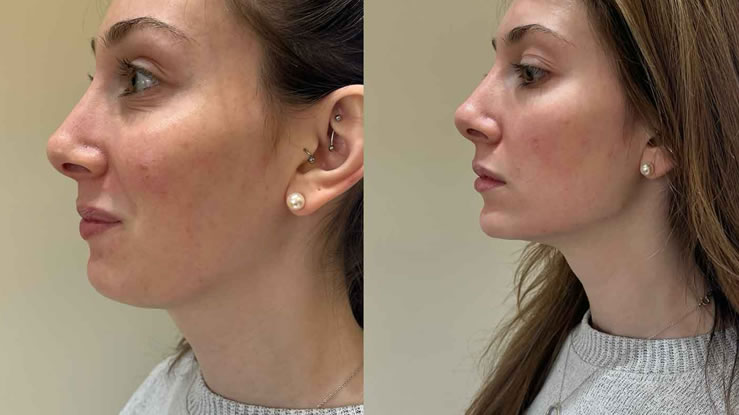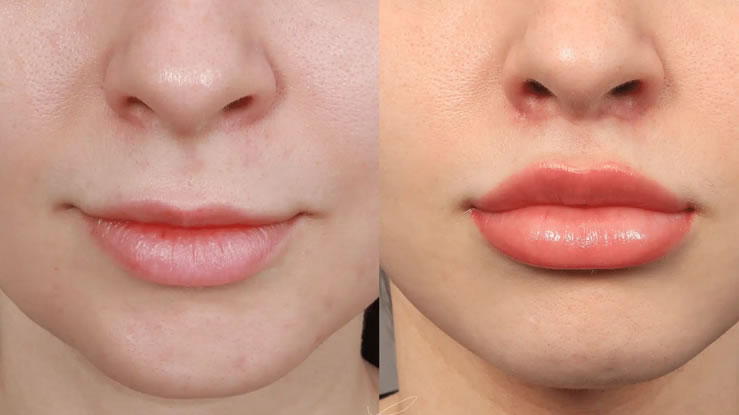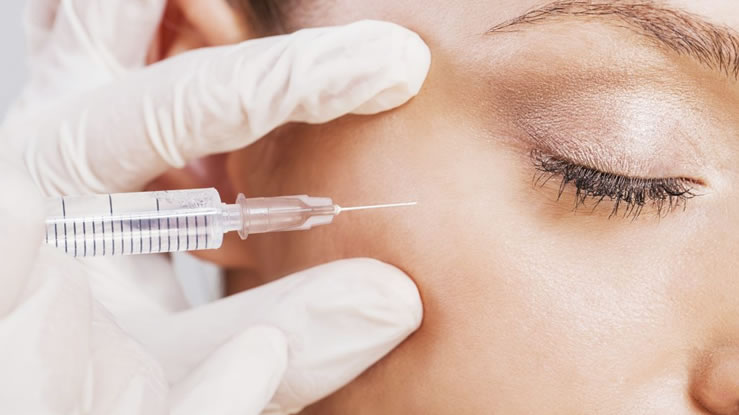Oily skin is a common skin type characterized by excess sebum production, resulting in a shiny complexion, enlarged pores, and often, acne-prone skin. Understanding the root causes of oily skin is essential for effective skincare management. In this article, we’ll explore the main causes of oily skin, including internal and external factors, and share tips to help you manage it effectively.
The Role of Sebum in Skin Health
Sebum is an oily substance produced by sebaceous glands located beneath the skin’s surface. It plays a vital role in keeping the skin moisturized and protecting it from environmental damage. However, when sebum production becomes excessive, it can lead to clogged pores, acne, and a greasy appearance.
Main Causes of Oily Skin
1. Genetics
One of the primary causes of oily skin is genetics. If your parents have oily skin, you’re more likely to inherit the condition. People with genetically oily skin tend to have larger sebaceous glands that produce more sebum.
2. Hormonal Changes
Hormonal fluctuations during puberty, pregnancy, menstrual cycles, or menopause can trigger an increase in androgen levels. Androgens are male hormones present in both men and women that stimulate sebaceous glands to produce more sebum.
3. Diet
What you eat can significantly affect your skin’s oil production. Diets high in sugar, refined carbohydrates, and dairy can spike insulin levels, which in turn can increase androgen activity and sebum production.
Foods that may exacerbate oily skin include:
- Fried and greasy foods
- High-sugar snacks
- Processed and junk foods
4. Stress
Stress triggers the production of cortisol, a stress hormone that can indirectly cause an increase in oil production. Prolonged stress can worsen oily skin and lead to acne breakouts.
5. Skincare Routine
Using the wrong skincare products or over-washing your face can strip your skin of its natural oils. In response, your sebaceous glands may overcompensate by producing even more oil.
Mistakes in skincare that contribute to oily skin include:
- Using harsh cleansers
- Skipping moisturizer
- Over-exfoliating
6. Climate and Weather
Hot and humid weather can make oily skin worse. The increased heat and humidity stimulate the sebaceous glands to produce more oil.
7. Medication
Certain medications, such as hormonal birth control pills or treatments containing steroids, can cause an increase in oil production as a side effect.
8. Dehydration
Ironically, dehydrated skin can lead to increased oil production. When the skin lacks hydration, sebaceous glands compensate by producing more oil to protect the skin barrier.
9. Age
Younger people are more likely to have oily skin due to active sebaceous glands. As you age, sebum production naturally decreases, leading to drier skin in older adults.
How to Manage Oily Skin Effectively
Managing oily skin requires a combination of the right skincare routine, diet, and lifestyle changes. Here are actionable tips to help control excess oil:
1. Use the Right Cleanser
Choose a gentle, oil-free cleanser with ingredients like salicylic acid or benzoyl peroxide. Avoid using harsh soaps that can strip your skin of its natural moisture.
2. Incorporate a Toner
Alcohol-free toners with ingredients like witch hazel or niacinamide can help balance your skin’s pH levels and reduce oiliness.
3. Moisturize Daily
Opt for lightweight, non-comedogenic moisturizers. Even oily skin needs hydration to prevent overproduction of sebum.
4. Apply Sunscreen
Use an oil-free, non-comedogenic sunscreen daily. Sunscreen protects your skin from UV damage, which can exacerbate oily skin issues.
5. Exfoliate Regularly
Exfoliate your skin 1-2 times a week to remove dead skin cells and prevent clogged pores. Look for chemical exfoliants with alpha-hydroxy acids (AHAs) or beta-hydroxy acids (BHAs).
6. Choose Oil-Free Makeup
Use oil-free or mattifying makeup products to prevent adding extra oil to your skin. Always remove makeup before sleeping.
7. Adjust Your Diet
Incorporate more whole foods like vegetables, fruits, and lean proteins. Omega-3 fatty acids found in fish and nuts can also help reduce inflammation and regulate oil production.
8. Stay Hydrated
Drink plenty of water throughout the day to keep your skin hydrated and support healthy oil production.
9. Manage Stress
Practice stress-reducing activities such as yoga, meditation, or regular exercise to minimize the impact of cortisol on your skin.
You Might Like>>>How to Achieve Glowing and Hydrated Skin
Natural Remedies for Oily Skin
For those who prefer natural solutions, here are some effective remedies:
1. Aloe Vera
Aloe vera gel helps soothe irritated skin and control excess oil. Apply a thin layer to your face and leave it overnight.
2. Clay Masks
Clay masks, particularly those containing kaolin or bentonite, absorb excess oil and draw out impurities. Use them 1-2 times a week.
3. Tea Tree Oil
Tea tree oil has antimicrobial properties that help reduce acne and control sebum production. Mix a few drops with a carrier oil and apply it to problem areas.
4. Honey
Honey is a natural humectant that hydrates the skin while preventing excess oil production. Apply raw honey as a face mask for 15-20 minutes.
5. Green Tea
Green tea contains antioxidants and anti-inflammatory properties that can regulate oil production. Use it as a toner or drink it daily for overall skin health.
When to See a Dermatologist
If your oily skin leads to severe acne, persistent blackheads, or noticeable scarring, it’s time to consult a dermatologist. They can recommend professional treatments such as:
- Prescription-strength retinoids
- Chemical peels
- Laser therapy
Understanding the main causes of oily skin is the first step in managing it effectively. Whether it’s genetic, hormonal, or lifestyle-related, the right skincare routine and healthy habits can help keep oiliness under control.
By identifying the triggers for your oily skin and taking proactive measures, you can achieve a balanced, radiant complexion
Related Articles

